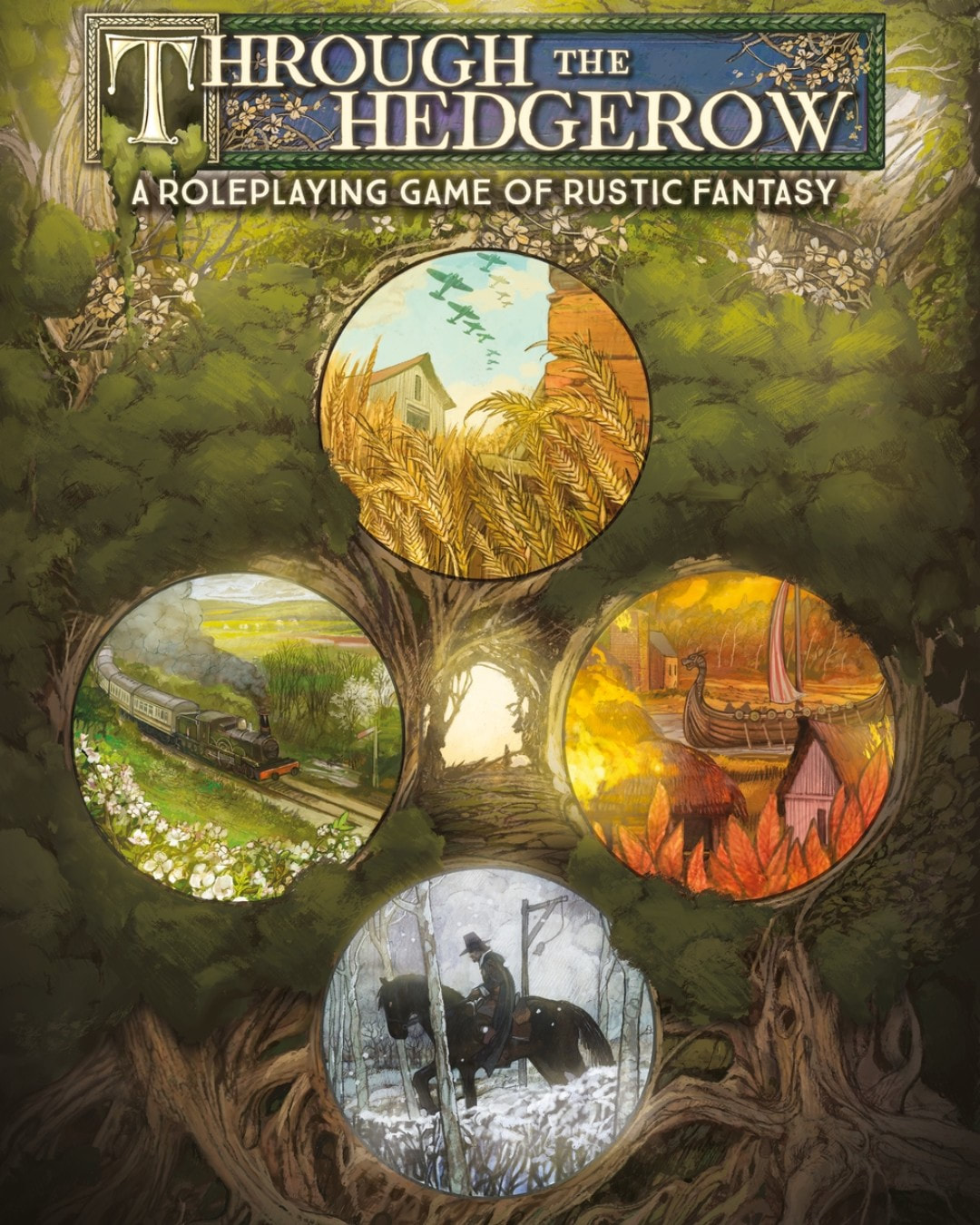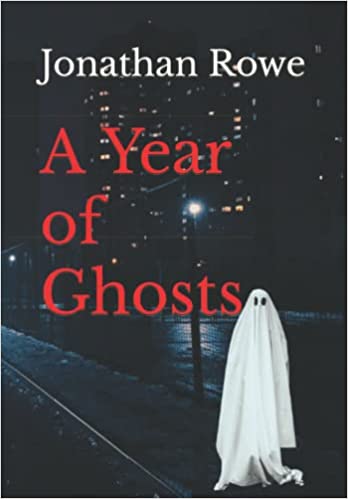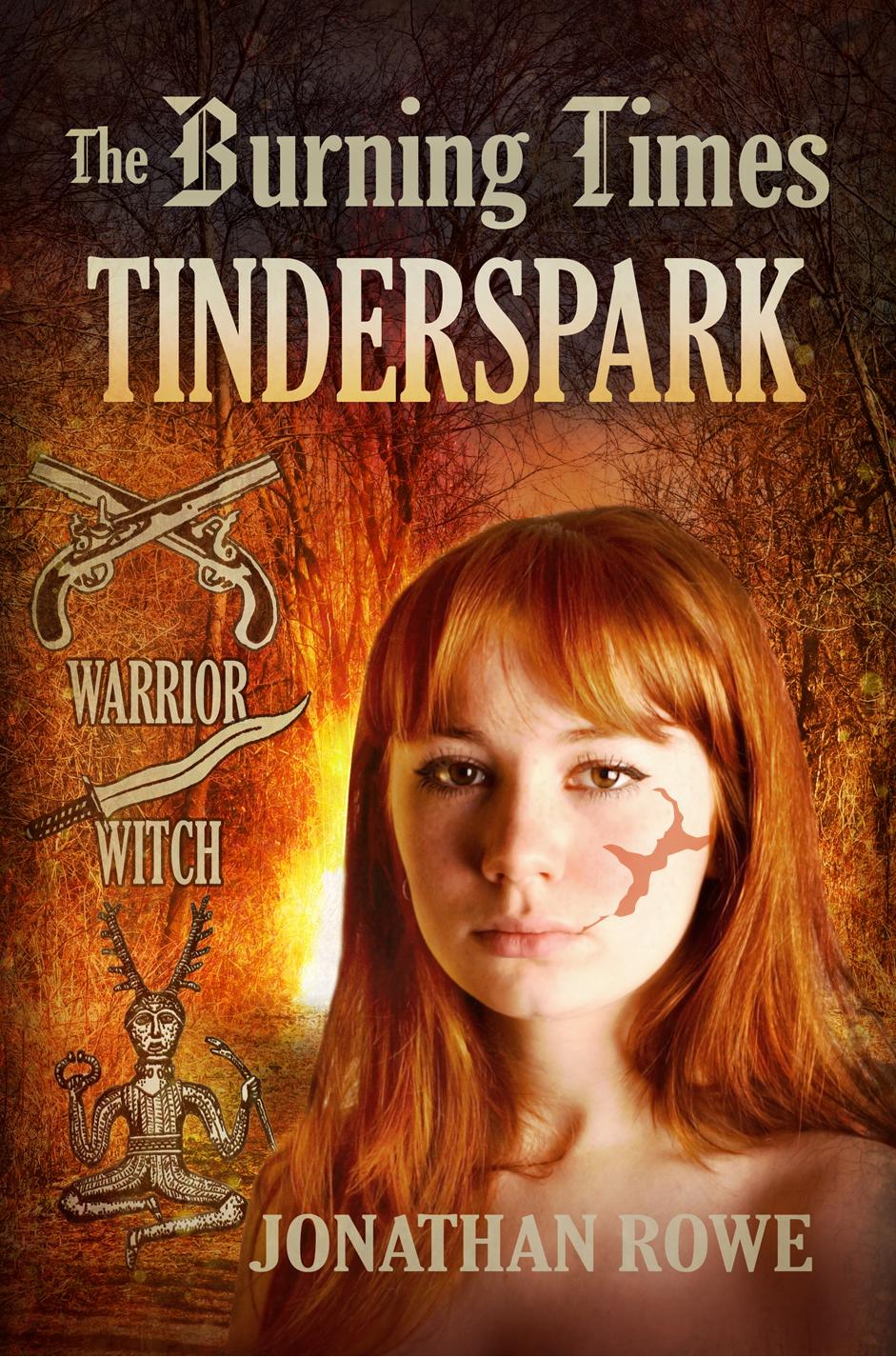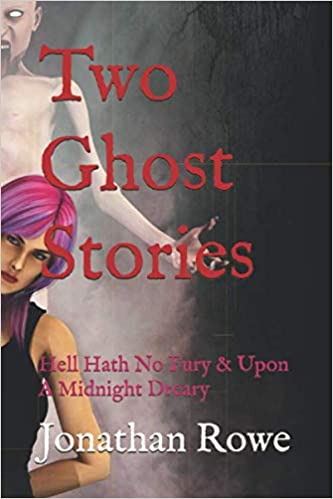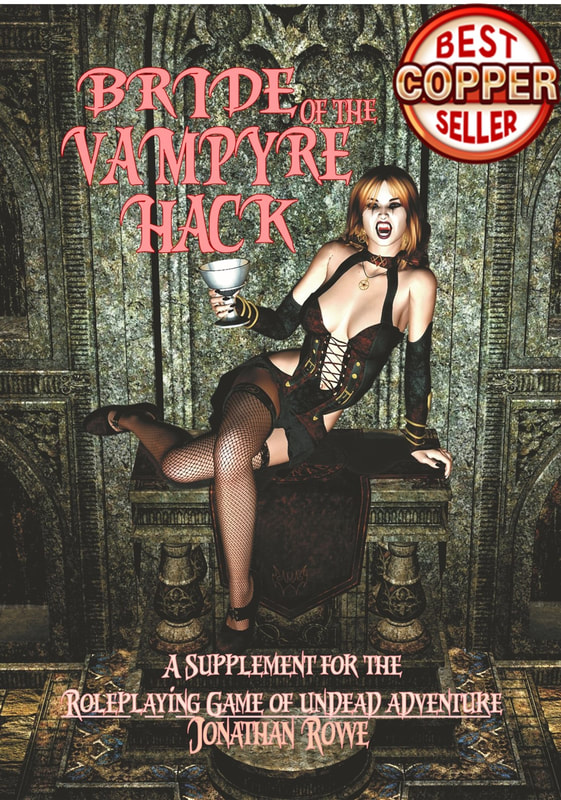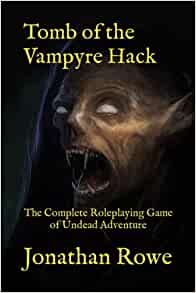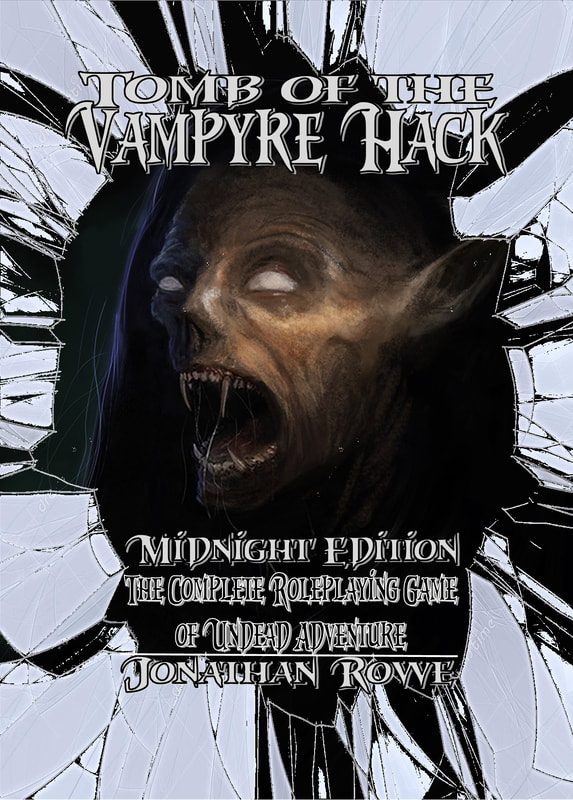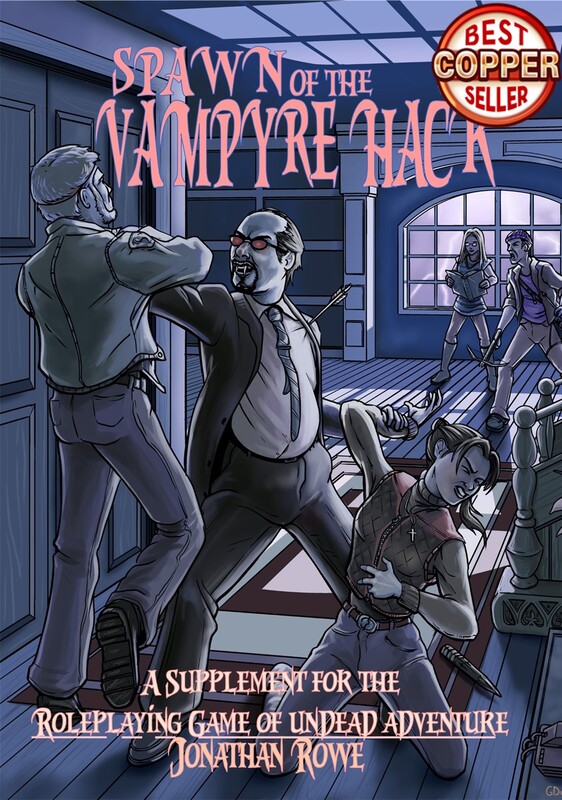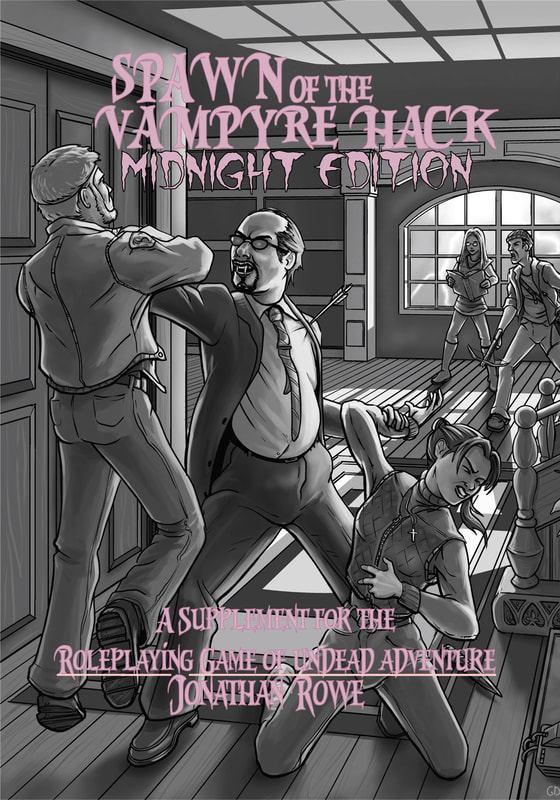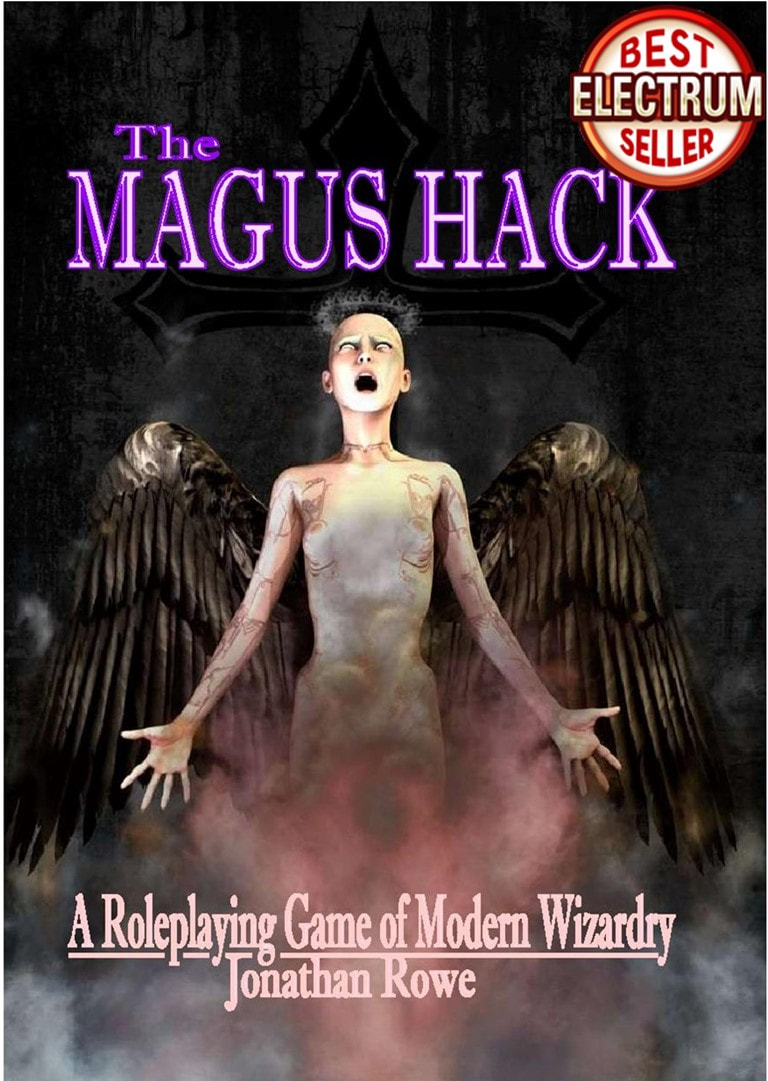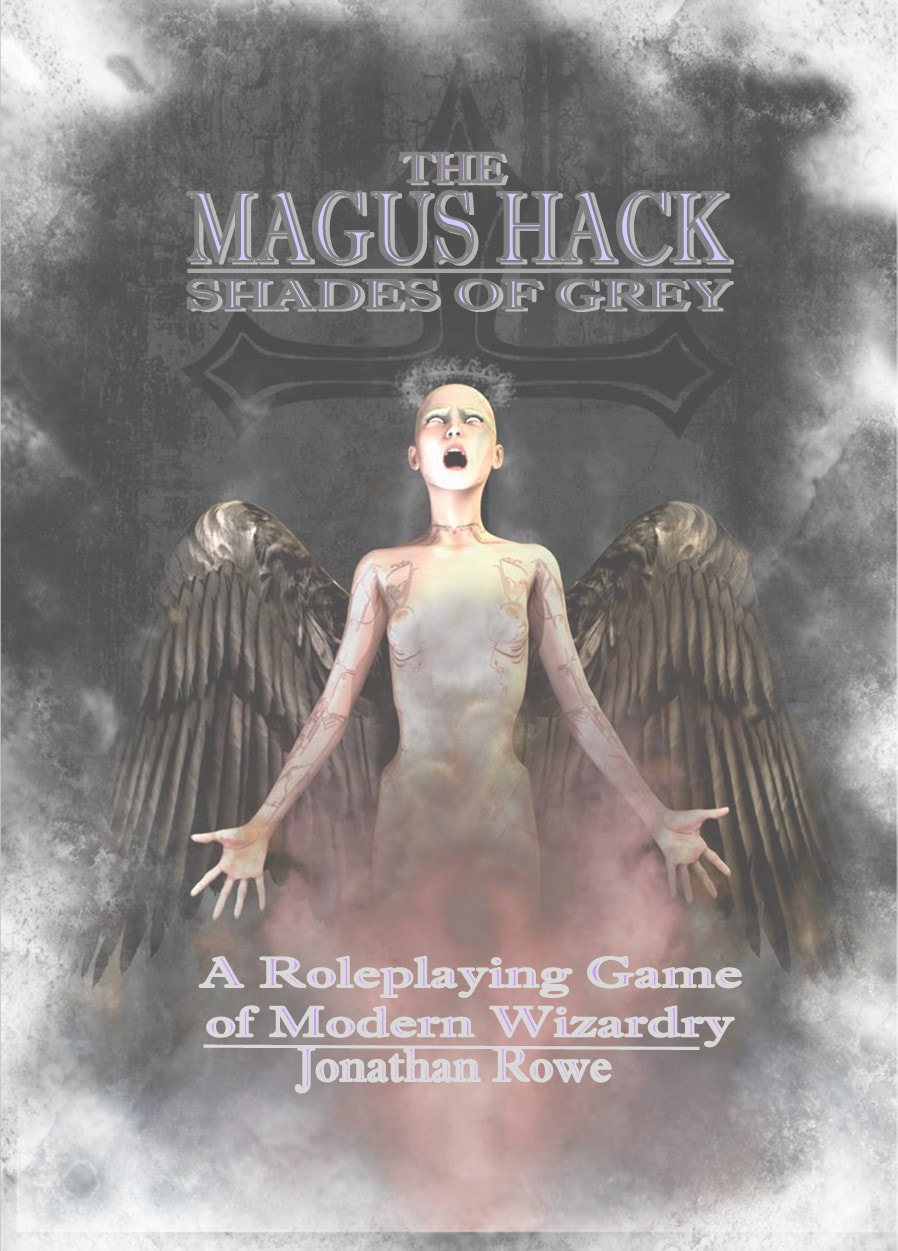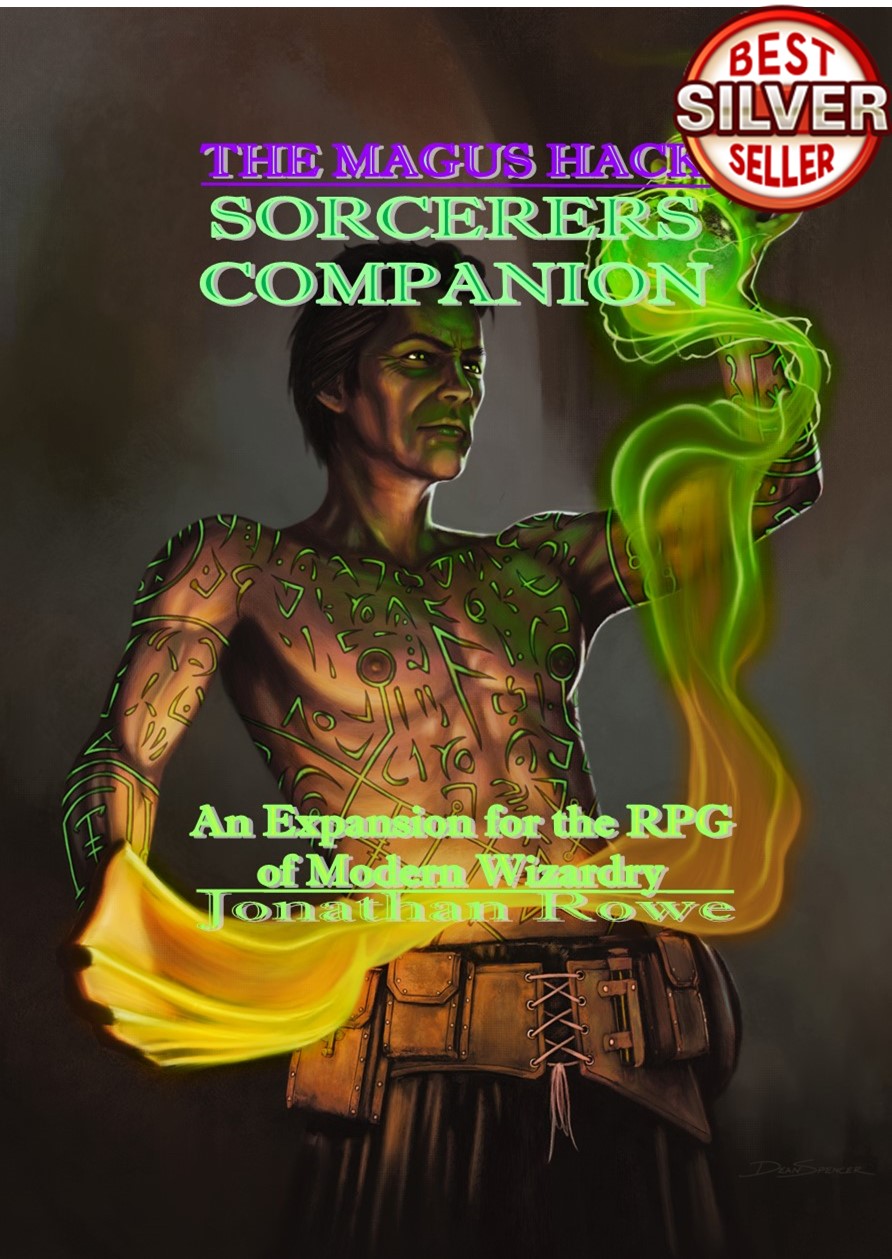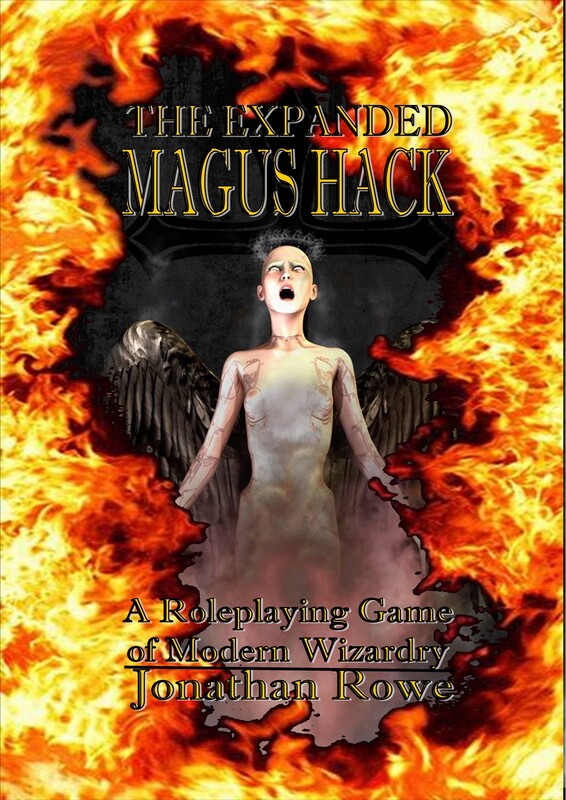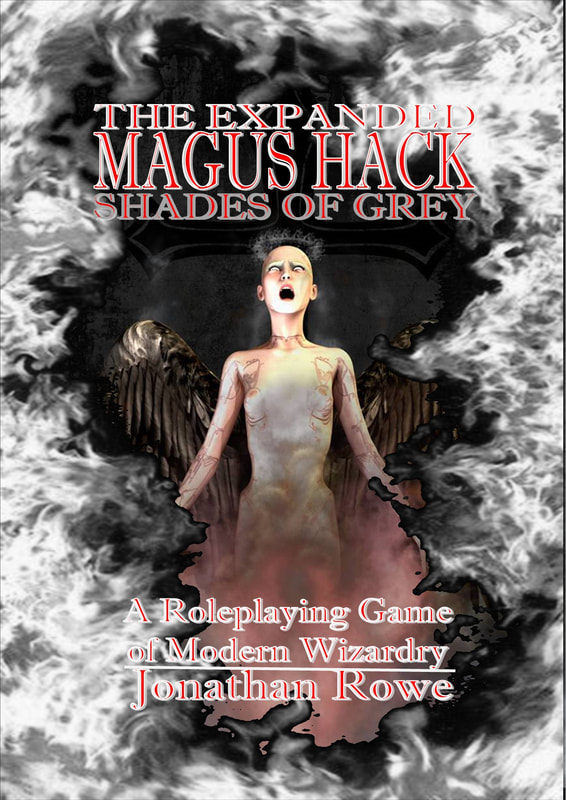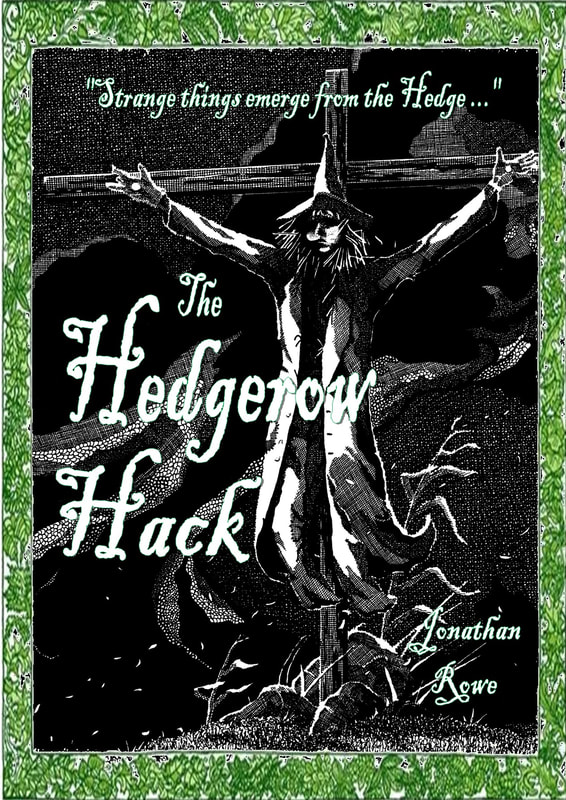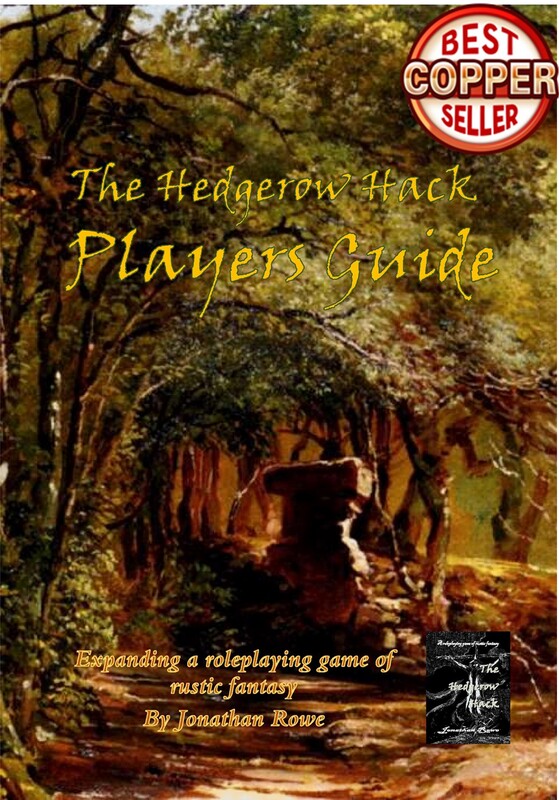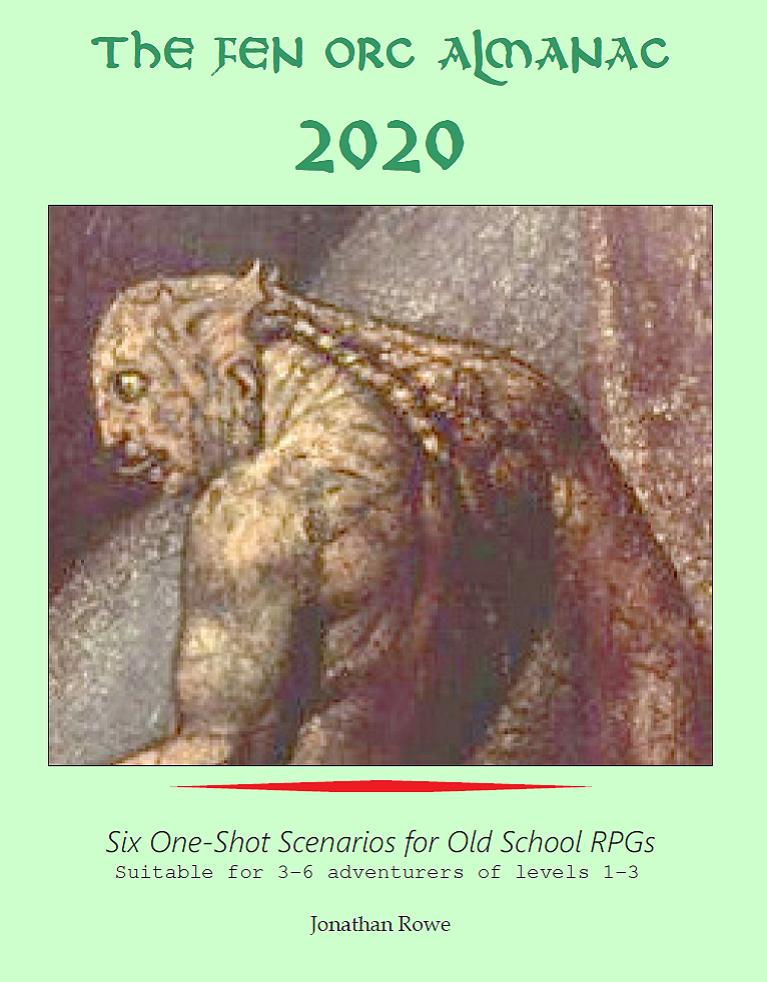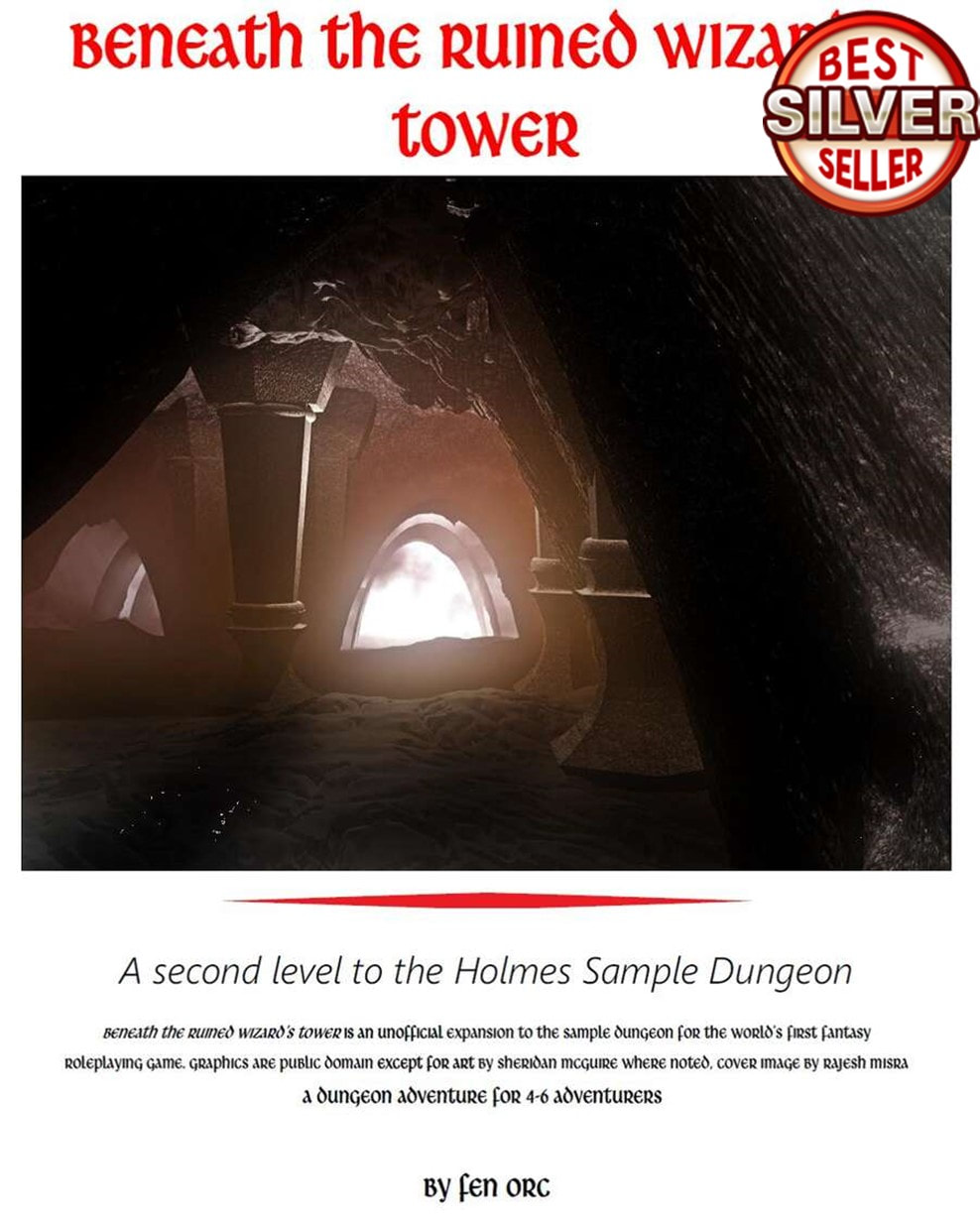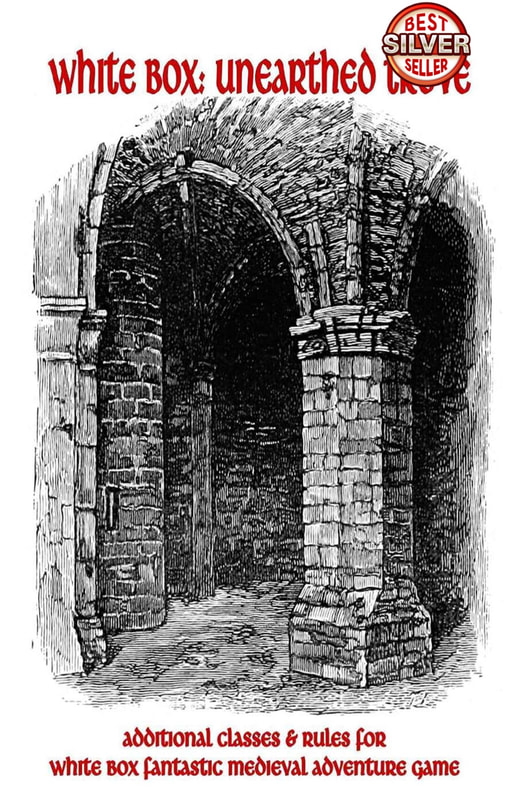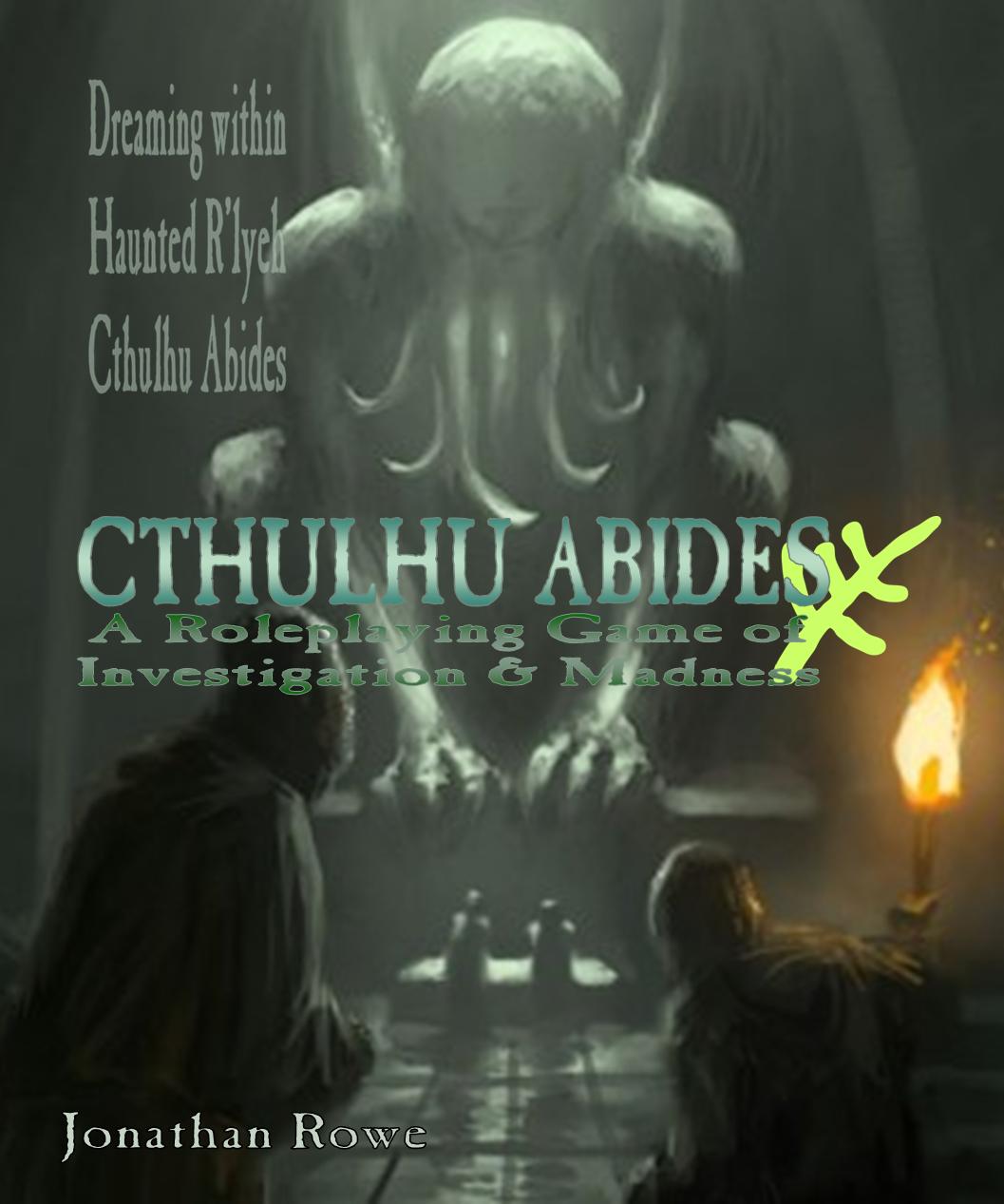|
Was it the Houri's exotic powers or her sultry pose that intrigued me. It was 1979 and I was 12, so I think Russ Nicholson's art had something to do with it. But it was a good character class, a nod to non-Western themes (in a crude way) and one of those creations that briefly straddled the OD&D/AD&D divide. I've always wanted to revisit Houris. Click on the image to read Brian Asbury's original Houri Brian Asbury's 'Houri' appeared in White Dwarf 13 (1979) and was billed as a sub-class of Magic-User specialising in charm and stealth: Houris, or Nymphs of Paradise to give a better description, are a very specialist sub-class of magic-user, their speciality being concerned with spells of charming and similar abilities. They also have the power to seduce single individuals and the ability to hide in the shadows as thieves. Asbury's Houris have a fiddly Seduction ability that creates the same power creep problems as Bardic Charm and is rather problematic when reviewed from 21st century perspectives (it's super heteronormative!). A seduced male will drop his weapons, become oblivious to his surroundings, and attempt to engage the houri in a passionate embrace. In such a state he is extremely vulnerable ... Seduction cannot be used in combat and cannot work against other females except homosexual ones My appreciation of Szymon Piecha's Expanded Lore has made me want to take his philosophy and apply it to other fan-made character classes from those early days of D&D. How can we re-tool the Houri for White Box RPG? There seem to be two ways to go with the Houri, which Asbury's original template muddles together. One is the Houri as a specialist Magic-User: whereas Illusionists specialise in illusions, Houris specialise in charm, ESP and other types of mind-control magic. The other is the Houri as a type of Bard: a seducer, spy and influencer. The latter seems to me to be much more interesting than the former, given that I hate the idea of Magic-User subclasses with their own unique spell sets. Houris for White Box Houris are intriguers and seducers who use their personal charms to manipulate others. They excel at gathering and trading rumours and exploiting social situations. Houris can be any non-Lawful alignment. Houris can be male (adonises, if you prefer) or female. They are usually Human but at the Referee’s discretion Elves may also be Houris (advancing to level 8). The Houri's Prime Attribute is Charisma, which confers a +05% bonus if it is 15+. Weapon and Armour Restrictions Houris may use daggers, darts and other small, concealable weapons. They may not wear armour or carry shields. This table proposes Houris advance as fast as Thieves, but their Hit Dice, Saves and To Hit Bonuses advance like puny Magic-Users. This is a frail build. Intrigue This is the chance (roll on a d6) for the Houri to learn something of value from talking to a NPC for one round or observing a group of NPCs for 1d6 rounds. If successful, the Referee will provide the Houri with a rumour. If unsuccessful the Referee rolls a second time and if that roll is also unsuccessful the Houri is provided with a false rumour; if the second roll succeeds the Houri learns nothing but is not misled. This is similar to Bard's Lore ability, but it deals with the present rather than the ancient past and people rather than objects. Intrigue might reveal who is a traitor, which monster carries a magic weapon or simply a rumour about the dungeon. It might reveal things NPCs know, such as traps on their treasure, a secret door they use to escape or the fact that they expect reinforcements soon. In a town setting, Intrigue exposes factions, plots and the ties between NPCs: who loves who, who hates who, who serves who and what it would take to bribe someone. The Referee decides how much or how little Intrigue reveals, but I recommend generosity (short of ruining your own scenarios) since this is the Houri's main ability.
This is an incredibly useful power, especially as NPCs do not get to save against it if they fall within the Houri's Hit Dice limit. The downside is that the Houri may be pestered and, in a dungeon environment, attacked by monsters. Nonetheless, the opportunity to stun monsters or lure away guards offers an incredible tactical edge. Entrancement resembles a Bard's Charm power, but the Houri does not have to do anything to maintain it; however unlike Bardic Charm it will only last a few rounds. Fascination Houris can bewitch NPCs who have been entranced: this has the same effect as charm person. The subject is allowed to save vs Spells to resist this and, if successful, is immune to further attempts until the Houri has increased a level of experience. Fascinated NPCs who are sexually orientated towards the Houri will be romantically infatuated. Other NPCs will be struck with admiration and a desire to impress the Houri A Houri can keep one NPC fascinated, plus an extra NPC per Charisma bonus modifier (usually +1, +2 or +3). If the Houri exceeds this limit, a previously fascinated NPC is no longer charmed and conceives an intense hatred of the Houri that lasts 1d6 days but lasts weeks instead if the Fascination was romantic. Being able to charm enemies at will sounds over-powered, but it's not quite that simple. The target must have been Entranced first, which is limited to a certain number of Hit Dice and carries its own risks if the charm doesn't work. Then there is the limit to the number of dupes the Houri can keep Fascinated at any given time - and every dupe you 'let go' to make room for somebody new creates an ex with a burning hatred towards you. Saving Throws Houris gain a +2 bonus against ESP and mind-controlling powers. Establish Salon At ninth level, a Houri may build a pleasure palace in a town or city. She or he becomes a Muse and attracts the services of a band of lower level NPCs (often other houris, bards and thieves but possibly illusionists or clerics of love-deities) who frequent her salon, which becomes a hub of culture, pleasure and gossip. A salon might be an artistic studio, a temple to love or a brothel or anything in between. You can play Houris as the classic 'mystical prostitute' if you like, in which case the Salon is a place for orgies. This version of the Houri allows them to be more sophisticated than that: a Cersei Lannister or a Guinevere or even a Gertrude Stein rather than a sexual entrepreneur. Trauma Houris are sensitive people but very flexible in their psychology: they do not gain Trauma from negotiating with monsters, from testing potions or from being charmed, possessed or transformed by magic. Houri Feats Backstab: You can Backstab opponents you have Entranced, just like a Thief (gaining +2 to hit and rolling damage dice twice); this immediately ends the Entrancement. Bewitching: Your Fascination power functions as charm monster instead of charm person. Body Language: You can communicate with intelligent creatures without sharing a language, but only simple ideas, emotions and instructions can be conveyed. Insight: Add +1 to your Intrigue score. Master (or Mistress) of Disguise: You can spend 1d6 rounds disguising yourself to appear as any class, gender or race of your approximate build. If onlookers try to see through your disguise, use your Intrigue skill to fool them. Poisonous Kiss: You can apply contact poison to your lips or body, causing a victim you kiss or embrace either to be paralysed for 1d6 rounds or to take 1d6 damage if they fail to save vs Poison. Victims are only affected by the poison once, until you re-apply it the next day. Striking Appearance: Add +2 to the number of Hit Dice of people you can Entrance. Notes for Referees You have to rule on entrancement on a case-by-case basis. In a dungeon situation, Entrancement will stun a group of humanoid monsters then cause them to target the Houri with their attacks. Since Houris wear no armour, they need to think carefully before employing this tactic! In other situations, Entrancement can lure away sentries, break up crowds or cause enemies to pursue the Houri rather than other characters. Entrancement is a pre-requisite for Fascination. Once a creature is Fascinated, the Houri cannot remove the effect except by Fascinating more creatures, which causes previous subjects to react with hatred. When the Houri Fascinates a new subject beyond their limit, the Referee should determine randomly which of the previous subjects reacts this way. Intrigue can only be used once on each named NPC or group of unnamed NPCs or humanoid monsters. It cannot be attempted again on the same persons until the Houri has gained a level of experience. The Referee should give Intrigue a wide latitude to discover secrets, detect monster weaknesses or ‘read the room’. By way of default, a successful Intrigue could allow a Houri to confer on an ally an attack with advantage (a spell that is saved against at -2, an attack with a +2 bonus, an opportunity to Backstab or Assassinate) or allow the Houri knowledge of a treasure, trap or secret door in the area. What about magical Houris? Brian Asbury's original Houri was a spell-caster as well as a seducer. Now it seems to me that there is no need for a separate class if this is what you want. Any Magic-User can specialise in charm, illusion, scrying and mind control. However, they do not get the powers of Entrancement, Fascination and Intrigue described above and choose their Feats from the Magic-User lists. A Magic-User Houri will only use these spells from the White Box lists: The Houri's Kiss Rather than giving Houris a Familiar as a starting ability (c.f. Expanded Lore), allow them this power: if they kiss a target while casting a spell, the target gets no saving throw against that spell. Of course, kissing an opponent in combat requires a roll to hit and if the roll misses the spell is wasted. Brian Asbury's Houri Spells Some of the original Houri spells can be included for White Box like these, which are only available for Magic-User Houris. Silvertongue Spell Level: M1 Range: Caster Duration: 1d6 rounds The caster can lie convincingly. Listeners will believe anything the caster tells them so long as it is not contradicted by their senses. Lies that go against deeply held beliefs allow the target a saving throw vs Spells and, if successful, the target will believe nothing else the caster says. Communicate Spell Level: M2 Range: Caster Duration: 1 hour The caster can communicate with any intelligent, non-magical creature in its native language. (The caster speaks normally but the targets hear their own native tongue, which the caster understands in his or her own familiar language). Love Spell Spell Level: M3 Range: Touch Duration: Until dispelled The target will fall in love with the next gender-appropriate person it sees if a saving throw vs Spells is failed. Hate Spell Spell Level: M4 Range: None Duration: Until eaten The target will conceive a violent hatred for the next person it sees if a saving throw vs Spells is failed. Stop! Spell Level: M5 Range: Caster Duration: 1d6 rounds All non-magical creatures that can see the caster are frozen with awe and desire for 1d6 rounds and can take no actions, including self-defence. Attacks against them are at +4. There is no saving throw against this but creatures are freed from the effect if they are attacked, roughly shaken or spells are cast on them. Blown Kiss
Spell Level: M6 Range: 120ft Duration: Instant This spell lets the caster cast any level 1-5 spell they have prepared as if it were bestowed through a kiss (i.e. there is no saving throw against it).
2 Comments
11/5/2020 11:18:33 am
I remember this class fondly. Had several houris over the years. Always good fun.
Reply
DAMMY
1/7/2022 10:43:21 pm
Reply
Leave a Reply. |
30 Minute Dungeons
Essays on Forge
FORGE Reviews
OSR REVIEWS
White Box
THROUGH THE Hedgerow
Fen Orc
I'm a teacher and a writer and I love board games and RPGs. I got into D&D back in the '70s with Eric Holmes' 'Blue Book' set and I've started writing my own OSR-inspired games - as well as fantasy and supernatural fiction.. Archives
July 2024
Categories
All
|

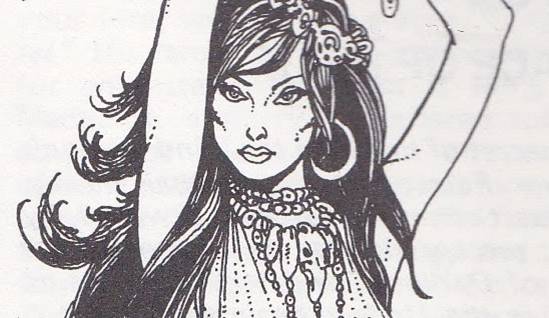
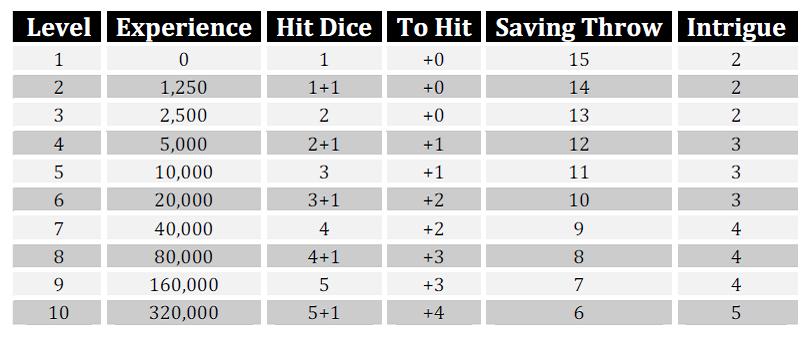

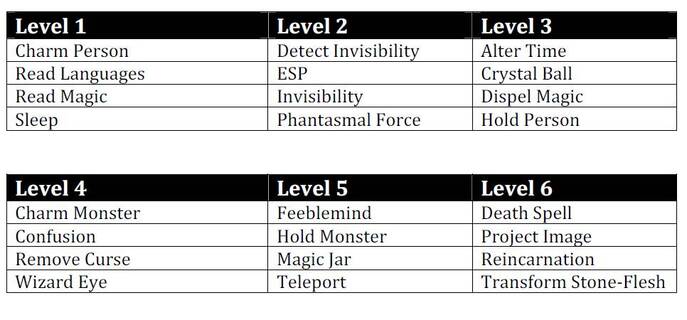

 RSS Feed
RSS Feed
